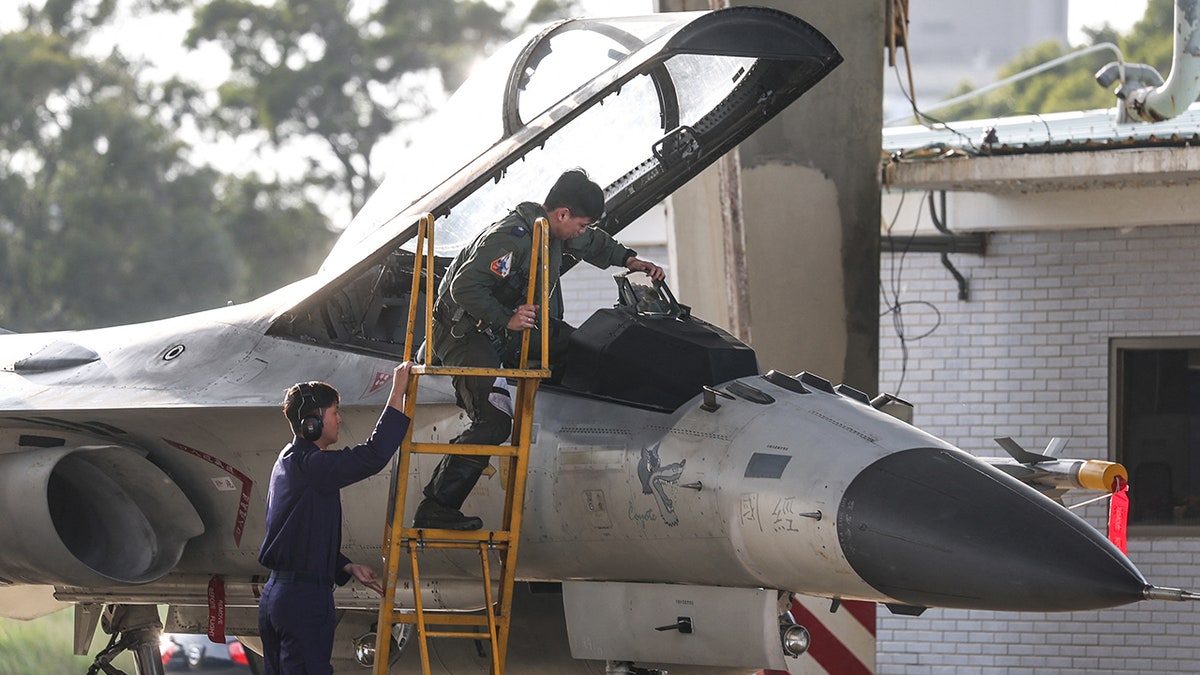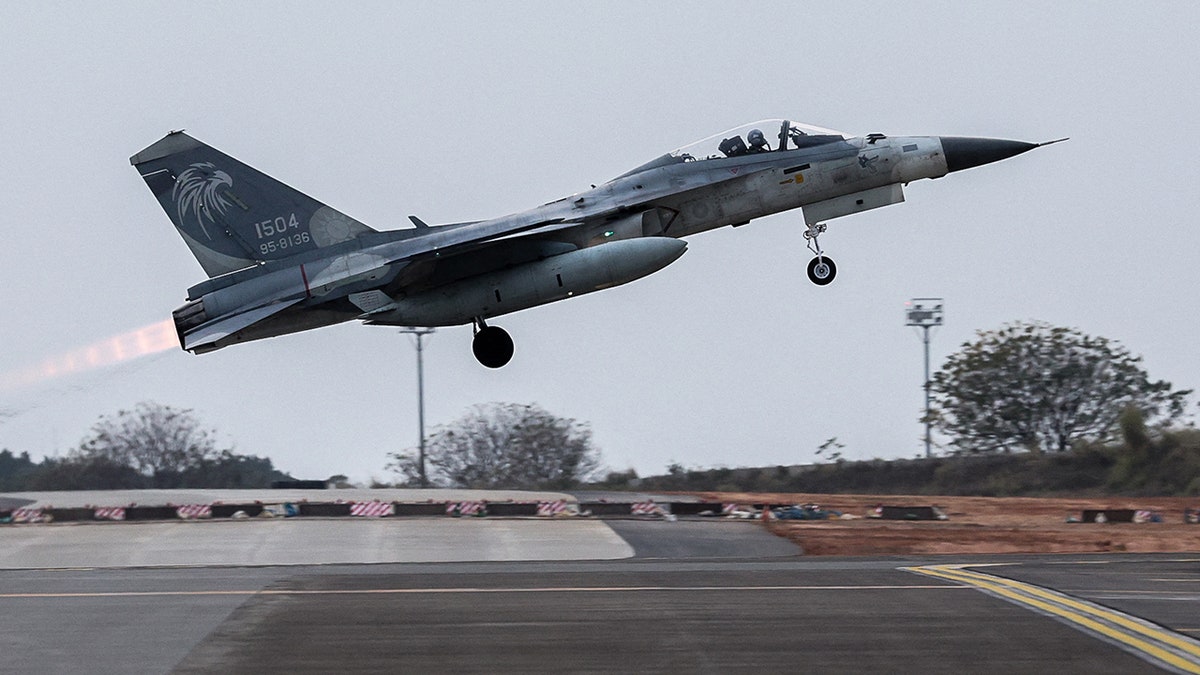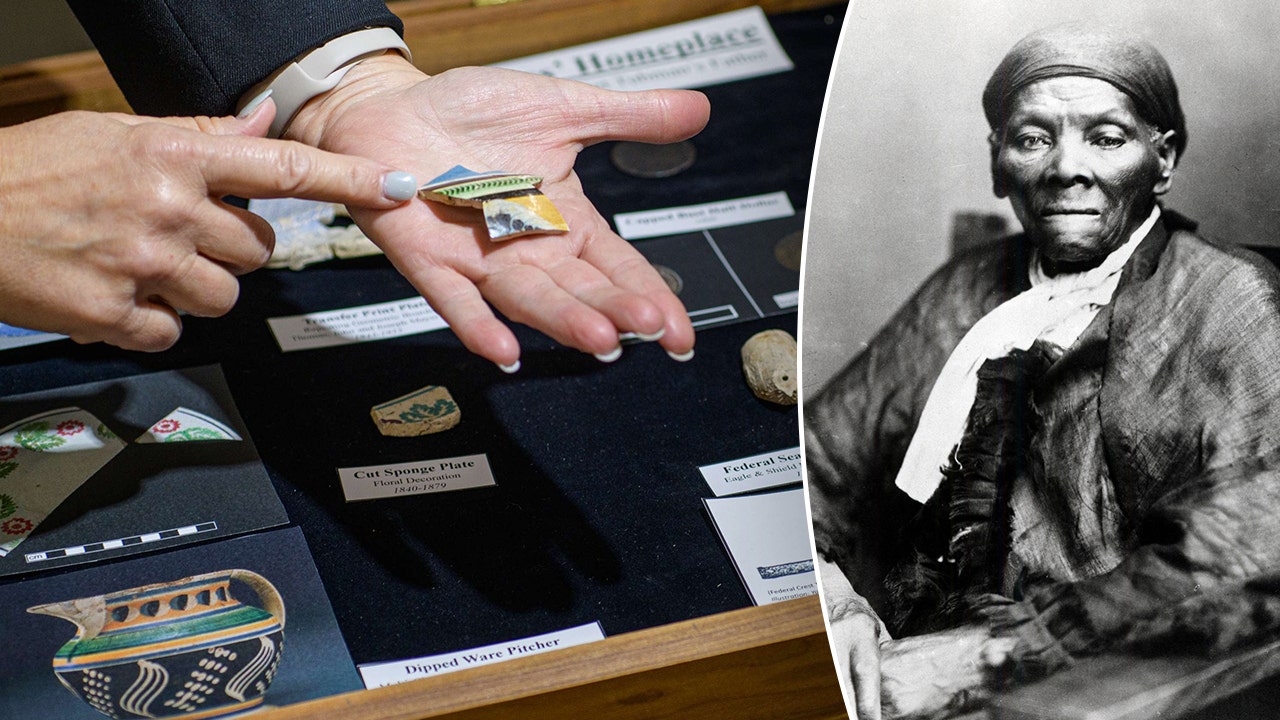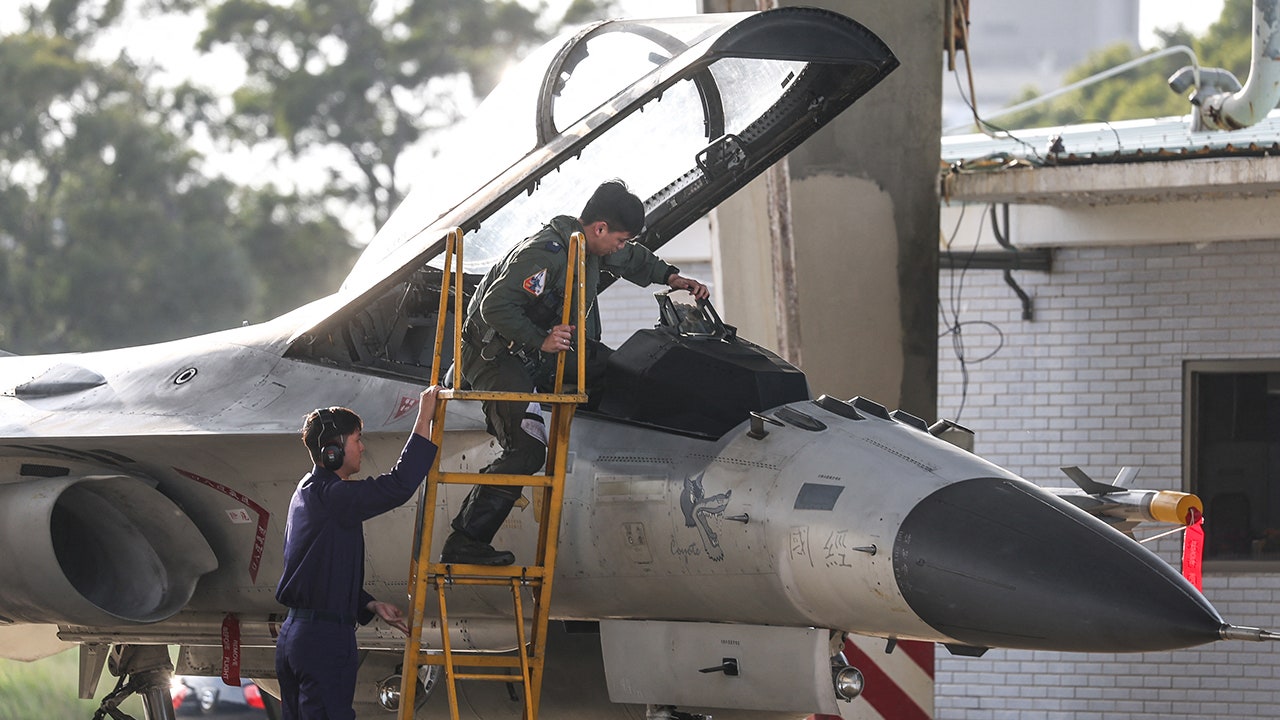Tragic Incident Claims Life of Taiwanese Air Force Officer
A Taiwanese Air Force officer died after being sucked into the engine of a fighter jet, officials said.
The incident reportedly happened at Ching Chuan Kang Air Base on Tuesday while the master sergeant was performing a pre-shutdown inspection of the aircraft.
Details Surrounding the Fatal Event
Taiwan’s Air Force explained that the officer was “inhaled by the engine for unknown reasons.” Despite efforts to revive her, she was later pronounced dead. Understanding the situation requires reflecting on the risks involved in aviation maintenance, often taken for granted amidst regimented procedures.
In light of rumors suggesting an instructor’s throttle adjustments may have contributed to the tragedy, the Air Force Command indicated that an investigation is ongoing. A task force is working closely with prosecutors to uncover the specifics behind this heart-wrenching loss.
Community Grieves and Offers Support
Officials expressed their profound sadness over the incident. The Air Force emphasized their commitment to fully assist the bereaved family in navigating the aftermath of this unexpected tragedy. In the face of this sorrow, it’s crucial for organizations to recognize the emotional toll such events can wreak on coworkers and families.

The aircraft involved was identified as an Indigenous Defense Fighter. Reports revealed that the victim had dedicated approximately 17 years to her military career, illustrating a life spent in service but tragically cut short.
Expert Opinions and Investigation Insights
A source knowledgeable about the aircraft reassured that the chances of a ground crew member being adversely affected by the engine—specifically, due to its small intake opening—are very minimal. Typically, once a plane lands, the engine operates at a reduced speed and should have already shut down by the time wheel chocks are installed at the base.

As investigators analyze footage from security cameras situated in the hangar, the hope is to provide a clear understanding of what transpired. Each frame could reveal critical details, transforming a tragic loss into a potential learning opportunity.
In Taiwan, where respect for military service runs deep, moments like these evoke contemplation. They raise questions about safety protocols and the unseen dangers that accompany such noble duties. Each loss leaves an imprint, urging the community not only to mourn but to push for improvements, to safeguard those who choose to protect their homeland.
In remembering the officer and her commitment to duty, the legacy remains—one of service, sacrifice, and the ongoing need for vigilance in a field that is far from risk-free.






































